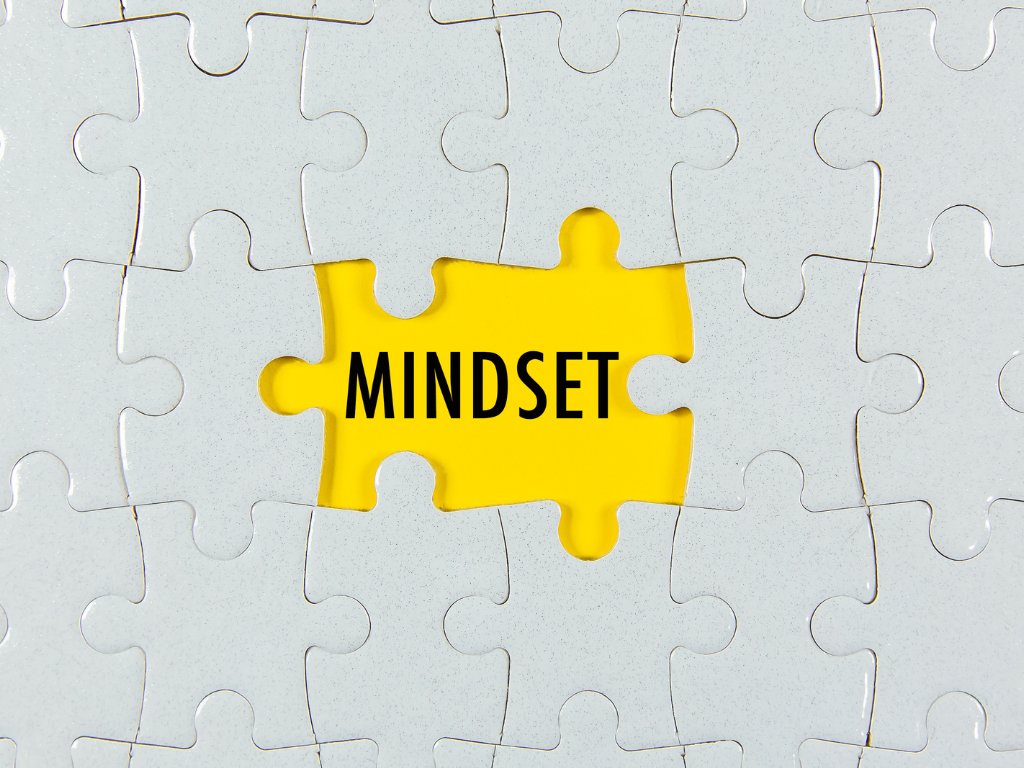Because not every late-night idea is a stroke of genius.
Many high achievers claim their best ideas come late at night.
A flash of inspiration hits after midnight.
A big strategic vision seems crystal clear.
Emails flow faster in the quiet hours.
But here’s the neuroscience truth no one tells you:
The sleep-deprived brain can feel creative—but think destructively.
When you’re exhausted, your brain’s prefrontal cortex—responsible for judgment and critical thinking—underperforms, while your limbic system becomes more emotionally charged and impulsive.
The result? Midnight insights that feel brilliant but often fall apart in the morning light.
Why Tired Brains Create False Clarity
- Distorted risk perception.
Sleep loss makes you more willing to take uncalculated risks or swing to extreme caution. - Reduced logical filtering.
Fatigue blurs your ability to spot flaws in your own ideas. - Heightened emotional salience.
Emotional topics feel disproportionately urgent and important. - Poor memory consolidation.
The brain fails to connect new ideas meaningfully with prior knowledge.
Midnight Hustle vs. Morning Mastery
The difference between sleep-deprived creativity and true innovation is that rested brains can critically analyze, refine, and implement ideas.
“One of the hallmarks of creative genius is not just having ideas—but knowing which ones are worth pursuing.”
And that takes sleep.
How to Protect Your Idea Quality
- Capture, but don’t commit.
Jot down late-night ideas—but review them only after a full night’s sleep. - Trust your morning brain.
If it still sounds brilliant in the morning, it probably is. - Prioritize REM sleep.
REM is when the brain makes creative connections—but it also helps vet impractical ones. - Avoid high-stakes decisions after 9 PM.
Emotionality peaks while rationality dips.
Final Thoughts
Midnight might spark ideas—but clarity lives in daylight.
If you want innovative thinking that endures, protect your sleep first. Because true creative leadership isn’t fueled by insomnia—it’s fueled by rested, strategic brains.

